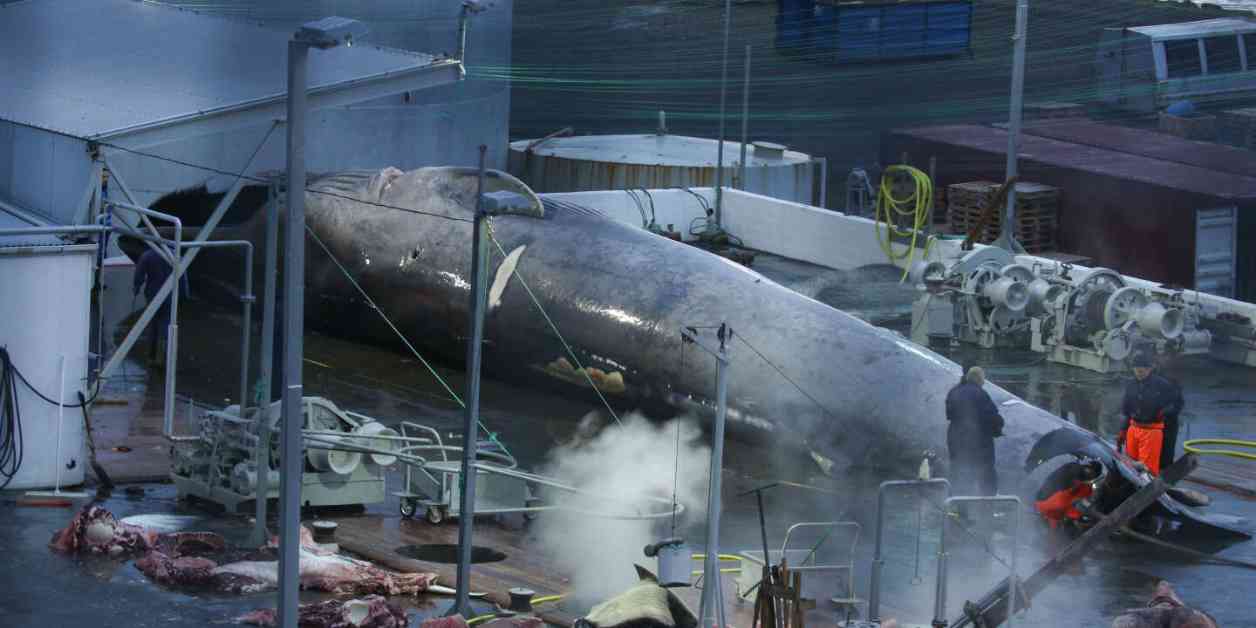Iceland Authorizes Whale Hunting for 2024 Season
Despite criticism from environmental advocates and animal rights defenders, Iceland has given the green light for the 2024 commercial whale hunting season. The permit allows for the hunting of 128 whales from mid-June to September, which is fewer than the 161 allowed in the previous season. The Icelandic government justifies this decision based on the precautionary principle, reflecting the increased importance placed on sustainable resource use, as stated by the Ministry of Fisheries and Agriculture on its website. The hunting conditions for 2024 are the same as last year, according to the Minister of Fisheries and Agriculture, Bjarkey Olsen Gunnarsdóttir, as reported to Icelandic media. She mentioned that this decision may not align with her personal views but that she must follow Icelandic laws and regulations.
However, animal rights activists are not convinced by these arguments and criticize the new authorization to hunt these endangered species. Adam Peyman from the NGO Humane Society International expressed disappointment that the government disregarded unequivocal scientific evidence demonstrating the brutality and cruelty of commercial whale slaughter, allowing whales to be killed for another year. Iceland had the opportunity to make the right decision, but chose not to do so.
This practice has faced increasing opposition. In June 2023, Iceland suspended whale hunting after a government-commissioned report found that the hunting methods used did not comply with animal welfare laws. The explosive harpoons used by hunters caused prolonged agony, lasting up to five hours, as shown by the government veterinary agency. Despite this, the government authorized the resumption of hunting on September 1, with restrictions on methods and the presence of official inspectors on board, filming each cetacean capture. By the end of the shortened 2023 season, the company Hvalur had announced the killing of 24 whales.
In addition to environmental criticism, the International Fund for Animal Welfare (IFAW) argues that whale hunting in Iceland is inherently cruel and not profitable. Government studies have shown that the practice is not financially viable. Furthermore, a majority of Icelanders oppose whale hunting. According to a survey by the Maskína Institute published in June 2023, 51% of Icelanders are against it, compared to 42% four years ago. Iceland remains one of the three countries, along with Norway and Japan, that still permit whale hunting.
It is important to consider the impact of such practices on marine ecosystems and biodiversity, as well as the ethical and moral implications of hunting endangered species. The decision to authorize whale hunting in Iceland for the 2024 season raises questions about the government’s commitment to conservation and sustainability in the face of global environmental challenges. The international community plays a crucial role in advocating for the protection of marine life and promoting responsible and ethical behavior towards animals.

